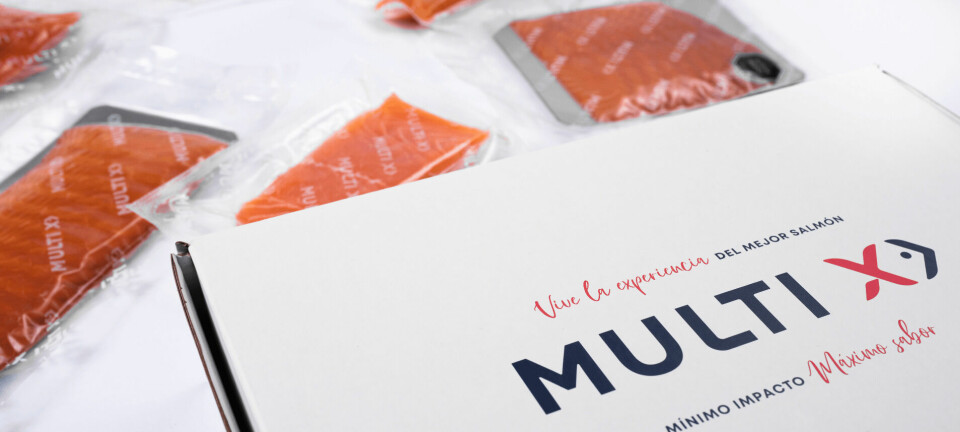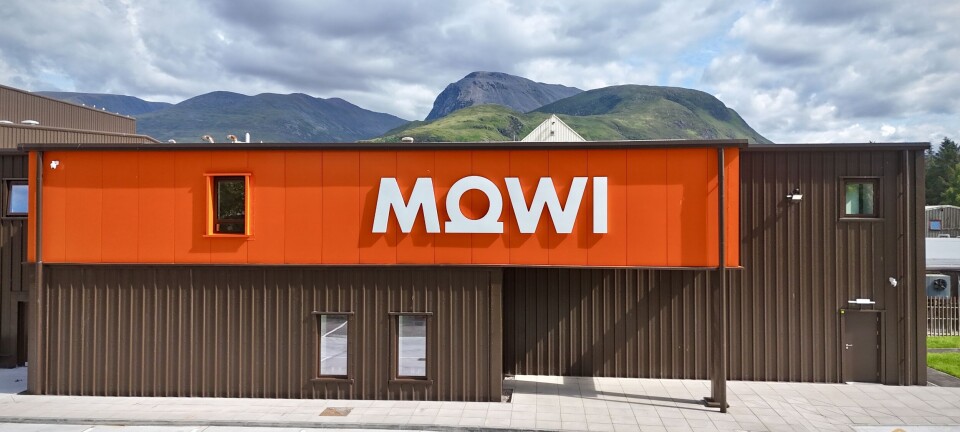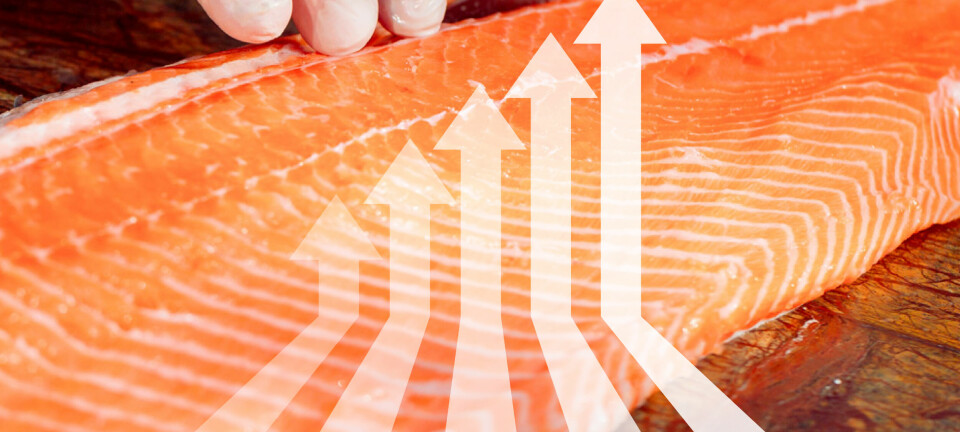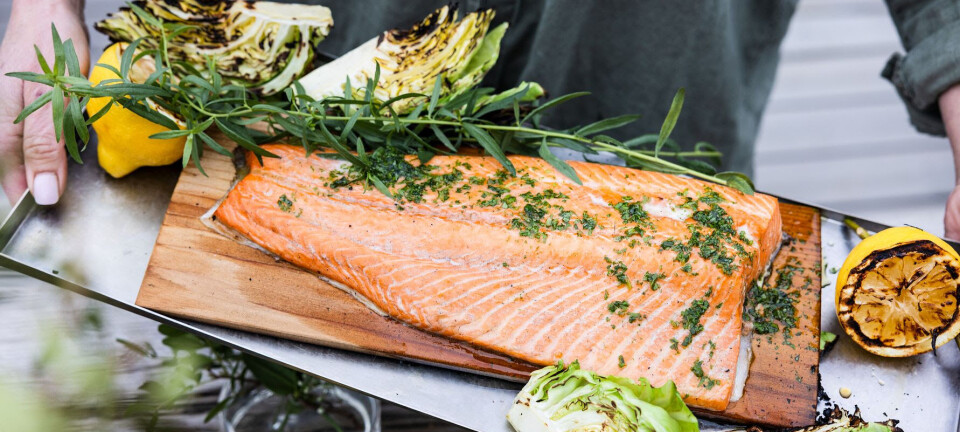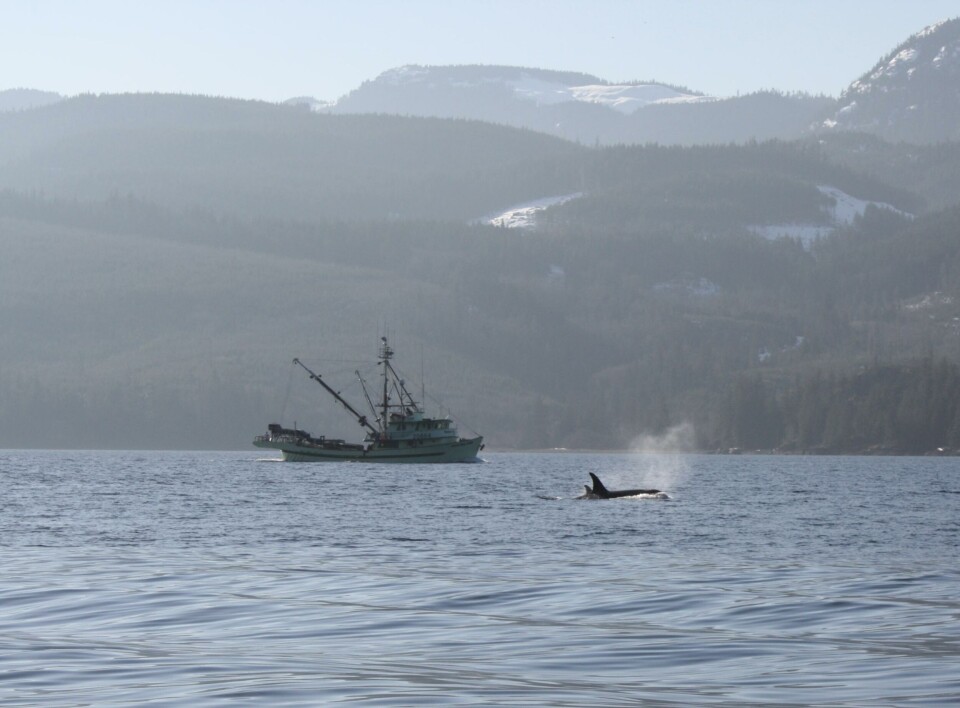
Former fishermen find work in fish farming
It started around 1992, when the B.C. native fisherman Daryl Smith was asked by Nor Am Aquaculture to skipper a converted salmon seine boat that was chartered to bring harvest-size Atlantic salmon from the company's farms near Campbell River to its processing plant. Daryl had until then made a decent living from the participation in his father's Alex Smith Fishing Company, chasing wild salmon and herring along the B.C. coast. But fishing wasn't what it used to be, so Daryl took a job in a local net loft, building and repairing nets for the new fish farming industry until this new opportunity came along.
With an attention to maintaining the quality of the fresh salmon from the farm to the off-loading dock at the Campbell River Indian Band's sheet wall, Daryl soon gained a reputation as a reliable, consciensous operator, and it wasn't long before he convinced his father to invest in their own vessel. A couple of years later they had purchased the John Todd, a wooden vessel with good sea-going abilities and a well maintained machinery. Concerns about biosecurity with a wooden vessel led to the purchase of a bigger and better boat, the aluminum-hulled seiner Pacific Destination which could be disinfected between trips a lot easier. The John Todd was sold to a tuna fisherman.
Today, most of the salmon farmed in B.C. is harvested using vessels owned by aboriginal fishermen. James Walkus from Port Hardy has also supplied the industry with a reliable and cost-efficient service for many years, using three or four of his seine boat fleet that would otherwise be tied to the dock. One of his former boats is now servicing the salmon farms near the village of Klemtu on B.C.'s central coast, bringing the fish in to the local processing plant, which is owned and operated by the local Band. While other aboriginal communities have spent much time and effort in fighting this new industry, Klemtu has seen its unemployment rate reduced by some ~50 per cent due to its involvement in salmon farming.
Recently, another Campbell River-based First Nation family's fishing vessel was put into service of harvesting and transporting farmed salmon, and more are yet to come. Wild salmon stocks have been dwindling along the coast of California, Oregon and Washington, as well as in southern B.C. due in large to climate change and human encroachment according to most of the scientific community. Summer water temperatures in the Fraser River have been one of the crucial factors in sockeye salmon survival- a major issue with respect to the availability of salmon for commercial fishing in B.C.
